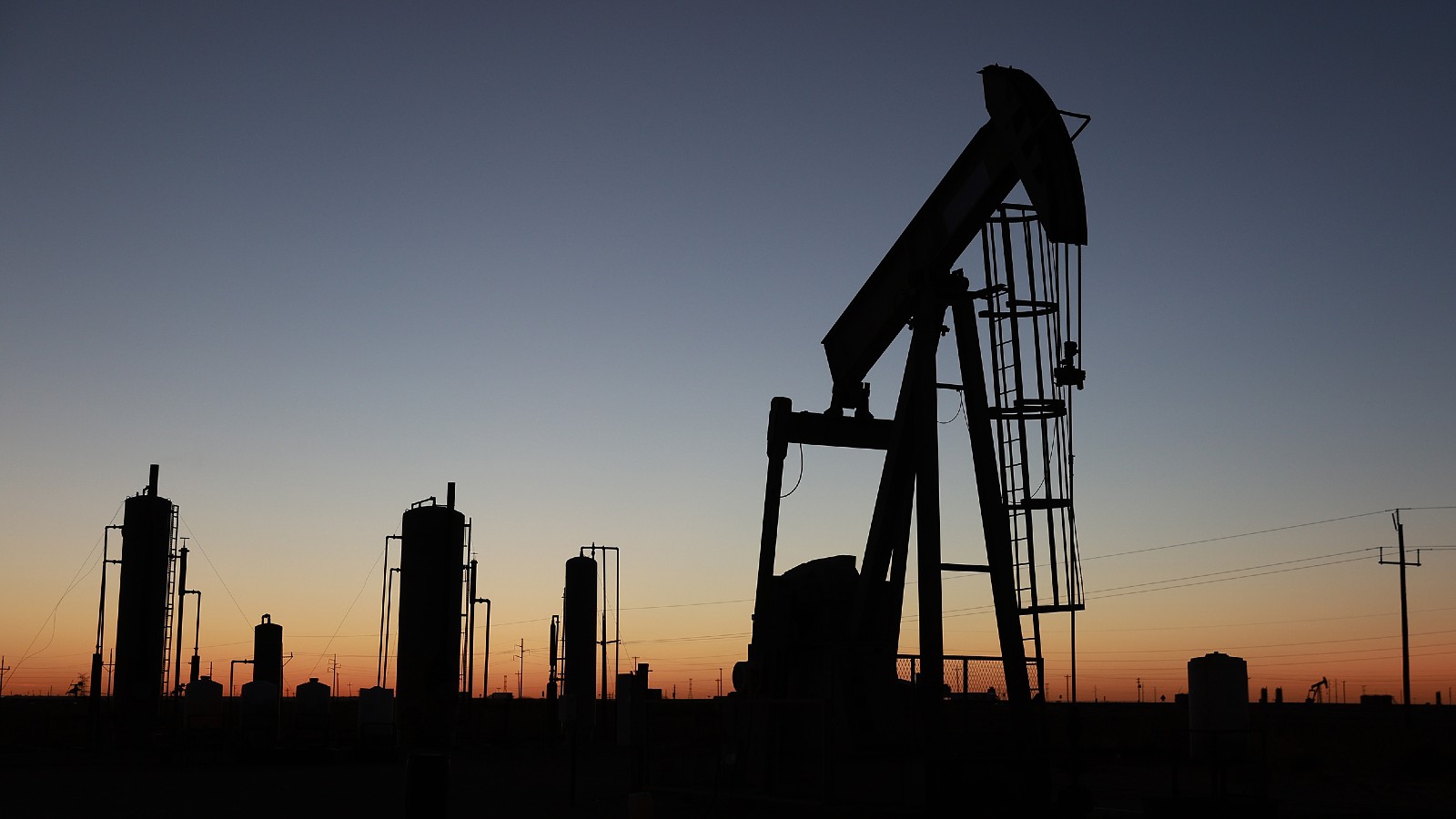This story was originally published by the Guardian and is reproduced here as part of the Climate Desk collaboration.
Oil giant ExxonMobil agreed to buy the shale group Pioneer Natural Resources for $59.5 billion in a deal that places a vast bet on a future for fossil fuel production in the United States.
America’s largest oil and gas deal in more than two decades will increase Exxon’s dominance in the Permian Basin shale field, at the heart of the country’s transformation into the world’s biggest oil producer.
Shares in Exxon have almost doubled over the past two years as oil and gas prices rose sharply. Its takeover of Pioneer – an all-stock transaction – capitalizes on this market rally.
While the Biden administration has sought to hasten the shift towards renewable energy in the face of the climate crisis, this acquisition underlines the confidence of America’s largest oil company that fossil fuel output will not be significantly hampered in the coming years.
With shareholders in Pioneer set to vote on the proposed tie-up, Scott Sheffield, the operator’s chief executive, declared the combined fracking giant would create value for them “for decades to come.”
Darren Woods, chief executive and chairman of Exxon, said: “Pioneer is a clear leader in the Permian with a unique asset base and people with deep industry knowledge. The combined capabilities of our two companies will provide long-term value creation well in excess of what either company is capable of doing on a standalone basis.”
This would be ExxonMobil’s biggest deal since Exxon’s $75 billion merger with Mobil Oil in 1998. Together, Exxon and Pioneer are set to have “the largest footprint of high-return wells in the Permian Basin,” Sheffield noted.
Exxon’s production in the Permian would more than double to 1.3 million barrels of oil equivalent per day following the purchase, it said. This is expected to rise to about 2 million barrels of oil equivalent per day by 2027.
The company is pitching the takeover as environmentally friendly, however. It pledged to leverage its “industry-leading” greenhouse gas reduction plans in the Permian, which Woods said will to “accelerate Pioneer’s net-zero plan from 2050 to 2035.”
The deal – expected to close in the first half of next year – is subject to regulatory approvals. The boards of Exxon and Pioneer have already granted the green light. It values Pioneer at $253 per share, which amounts to a 9 percent premium on where the operator’s stock was trading about a month before reports of takeover talks first surfaced.
Shares in Pioneer Natural Resources climbed 0.3 percent to $238.10 on Wednesday. Exxon dropped 4.8 percent to $105.11.
Unlike some of its rivals, Exxon has so far defied calls to move away from fossil fuels and concentrate on cleaner energy sources. Rather than place big bets on the shift to renewable energy, the oil giant has instead focused on its core business.
The company’s annual profits soared to a record $55.7 billion last year, after Russia’s invasion of Ukraine triggered a surge in oil prices. President Biden accused the industry of “war profiteering” as prices rose at the pump. Exxon claimed on Wednesday that its purchase of Pioneer would both strengthen energy security and bolster the US economy.
“ExxonMobil expanding is bad for people, communities, and our climate,” said David Tong, global industry campaign manager at nonprofit research and advocacy group Oil Change International. “Further consolidation of the fossil energy market into a smaller number of mega companies will not secure energy access for people or help achieve climate targets.”
A recent analysis by Tong’s group found that, despite their climate pledges, no major oil and gas company comes close to aligning with the 2015 Paris Agreement, a groundbreaking international treaty aimed at keeping global temperatures “well below” 2C above pre-industrial levels.
The non-profit environmental advocacy group Environmental Defense Fund has raised concerns that the deal will reduce transparency around methane emissions, which are 80 times more planet-warming than carbon emissions in the short term.
Pioneer has been an industry leader in methane reporting, but the group expressed fear that Exxon’s acquisition will likely mean that those practices “would likely revert to Exxon’s own outdated and inadequate practices.”



